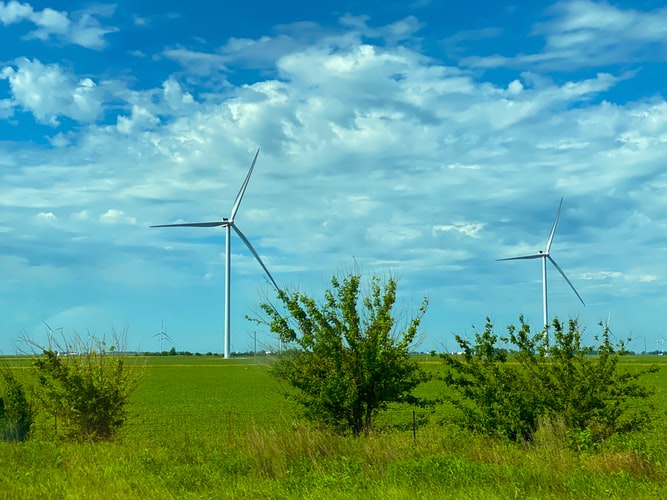RECENT BLOG ARTICLES
Courses & Careers
Environment Science as an Interdisciplinary subject
Jul 17, 2020
By: Student Contributor, University Blog Team

The environment that we are a part of is the most vital part of our daily lives. It affects everything we do, from climates to animal survival, to air quality and more. A world where global warming, air pollution, and plastic waste are major prevailing issues, environmental science is becoming an increasingly valued and relevant degree. It combines the elements of the key traditional fields of chemistry and biology.
When one chooses to study environmental science, He/ she has to be committed to it. It needs a good research base to get to the heart of the matter. Like the understanding of earth processes, evaluating alternative energy sources, the effect of climate change, and controlling pollution. The damage that we have all done to the world can only be taken care of by professionals who completely understand the extent of the problem that exists and are willing to work hard to solve it. The learning experiences of environmental science help students to explore and connect with their natural and man-made surroundings. As a study, it helps one develop their own insights into the functionality of numerous things and also understanding human processes in their environment.
Studying environmental science is academically rigorous and involves formulating a wide range of transferable skills that are very useful while looking for a job opportunity. Especially when the candidate is looking at working in a related field or planning to study further, then environmental science as a career option is an excellent choice. Most of the students pursuing a degree in environmental science go on to study postgraduate or do research. Also working as an environmental scientist will require a high degree of specialisation.
Fieldwork is a key element of studying environmental science. It would involve travelling to different countries to experience a range of habitats and climates or it could be focusing on a particular ecosystem and involve a significant amount of work in a single location. Laboratory work is equally a core body of studying environmental science.
However, the field of environmental science is growing at a faster pace than ever, more so because of the issues like climate change and pollution. Candidates who would want to pursue an environmental science degree have numerous options. Due to the interdisciplinary nature of the degree, and the range of transferable skills one develops in the process allows a wide range of career opportunities outside the environmental science field. When it comes to job opportunities, one can choose from having a career as a microbiologist, environmental scientist or an environmental engineer. And common routes for environmental science graduates would include resource management, environmental advocacy, teaching, planning and development. These are some career prospects that would allow one to utilize the acquired skills they have developed, and in the process, they allow them to engage with immediate real-world issues.
However, due to the interdisciplinary nature of the degree, and the range of transferable skills one develops, there is a wide range of career opportunities outside the environmental science field. Common routes for environmental science graduates include resource management, environmental advocacy, teaching and planning and development. These careers allow you to utilize the skills you have developed, and definitely allows you to engage with an immediate real-world problem.
So, if you are in the process of selecting a degree and have a knack to learn more about the environment and its challenges. And are keen on studying a scientific subject then an environmental science degree might be the best choice for you. But a word of caution would be that you should be committed to it. Because it will take a lot of hard work and research to know more about the green sector.







